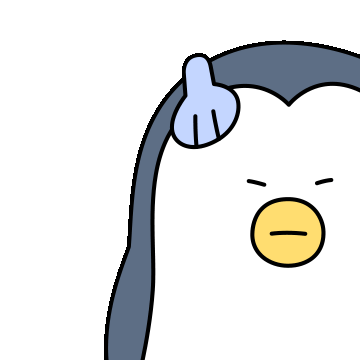-
What does 'Oppa' mean in KoreanToday's short Korean 2022. 2. 7. 23:33
What does '오빠' mean in Korean?

오빠 (OPPa, OBBa) : Older Brother / Big Brother
ㅇ * First sound ㅇ doesn't have sound
Last sound ㅇ sounds '~ng'
ex. 오빠 ( + O + PP + A)
형 (H + Yeo + ~ng)ㅗ O ㅃ PP / BB ㅏ A 
Older brother and Younger sister - OPPA / OBBa [Noun]
OPPa or OBBa are both accurate since it is only a romanization word to pronounce the Korean word. But as you know you cannot pronounce a foreign language based on English because different languages don't always have the perfectly matching sound with the other language's pronunciation system.
It's like you cannot read the brand name 'CHANEL' as 'CHAE-NL [ˈtʃænl ]'.
The best way to understand the Korean word is pronouncing the word base on Hangul (Korean Alphabet)
* Oppar is not accurate since there is no ㄹ (R / L) in the word.
the right romanization would be Oppa or Obba.
1. when the younger sister is calling the older Brother (Family)
ex.
"Oppa, where are you going?"
"오빠, 어디가?"
[Oppa, EoDiGa?]
2. when the younger female person calls the male person who is older (A stranger or who is close enough)
ex.
"Can I call you 'Oppa' from now on?"
"이제부터 '오빠'라고 불러도 될까요?"
[iJeBuTeo 'Oppa / Obba' RaGo BulLeoDo DwelKKaYo?]
'Oppa / Obba' can be used by the younger female, to call the older male in a friendly way.
There are certain ways to call the person depending on that person's age and gender in S. Korea.
"Hyeong / Hyung"
Younger male > Older male
There's no specific word for younger male so normally just calls that person's name
Older male > Younger male
"OPPa (OBBa)"
Younger female > Older male
There's no specific word for younger female so normally just calls that person's name
Older male > Younger female
"Nuna (Noona)"
Younger male > Older female
There's no specific word for younger male so normally just calls that person's name
Older female > Younger male
"Eonni (Unni / Unnie)"
Younger female > Older female
There's no specific word for younger female so normally just calls that person's name
Older female > Younger female
Whenever the older one wants to call the younger one there is a word for the younger one which is '동생(DongSeng)'
But this word doesn't use for calling someone. Usually, this word doesn't use to call that younger person directly but only addresses the status.
ex.
Rose (Older sister), Lily (Younger sister)
Rose : "Lily is my younger sister"
"릴리는 내 동생이야."
[LilLiNeun Nae DongSeng-i-Ya.]
Rose : "Lily"
"릴리야"
[LilLi-Ya]
Lily : "Why sis?"
"왜 언니?"
[Woe UnNi / EonNi ?]
Tom (Older brother), Lily (Younger sister)
Tom : "Lily is my younger sister"
"릴리는 내 동생이야."
[LilLiNeun Nae DongSeng-i-Ya.]
Tom : "Lily"
"릴리야"
[LilLi-Ya]
Lily : "Why bro?"
"왜 오빠?"
[Woe OPPa / OBBa?]
Contents created by. KOCOA Korean Class
'Today's short Korean' 카테고리의 다른 글
What does Eomma / Umma (엄마) mean in Korean (0) 2022.02.07 What does Abba/Appa (아빠) mean in Korean (0) 2022.02.07 What does 'Unnie / Unni / Eonni' mean in Korean (0) 2022.02.07 What does 'Yeodongsaeng(여동생)' mean in Korean (0) 2022.02.07 What does 'Namdongsaeng (남동생)' mean in Korean (0) 2022.02.07